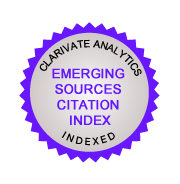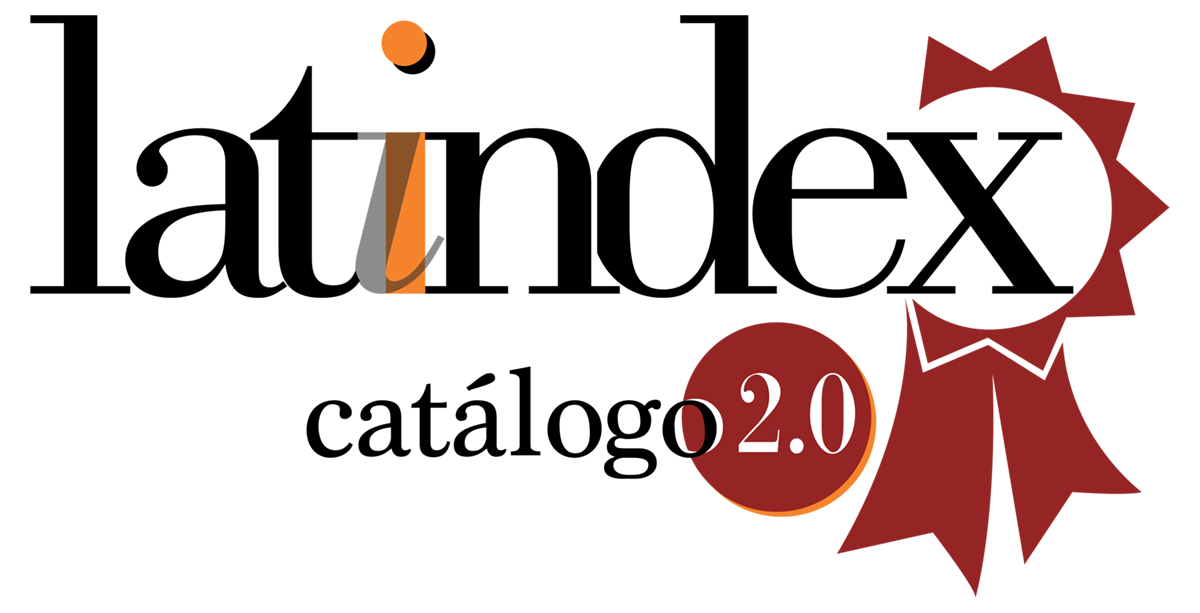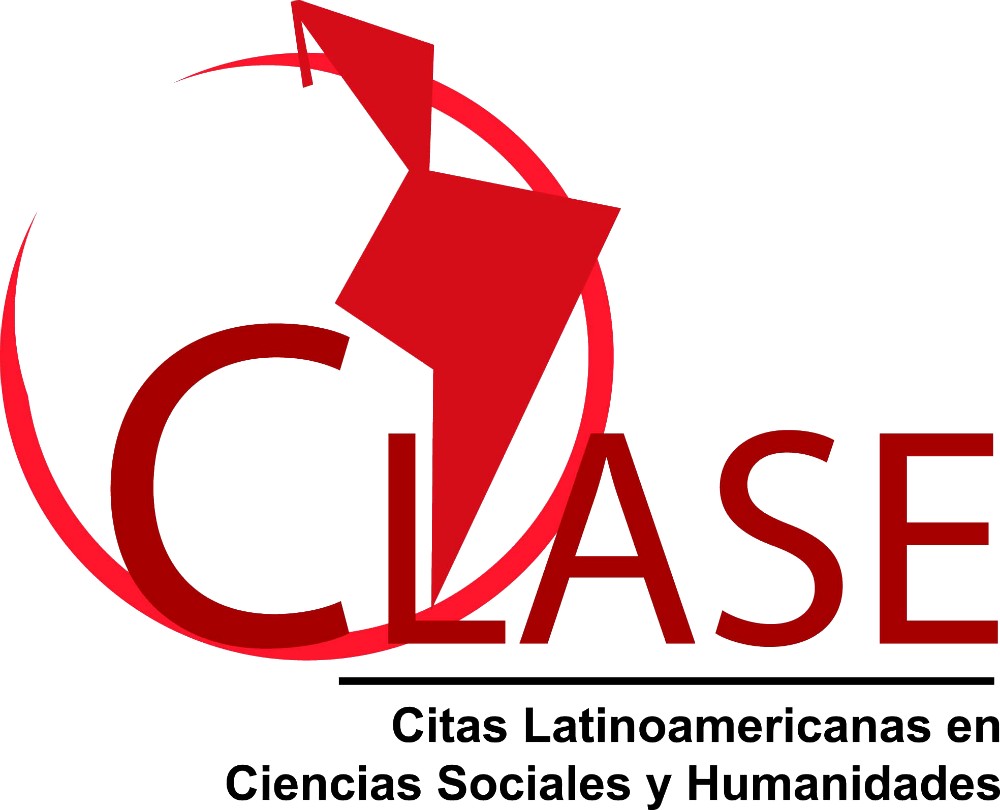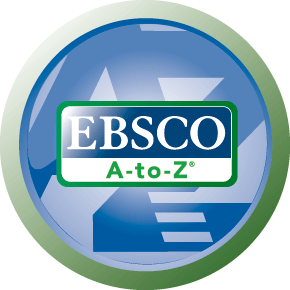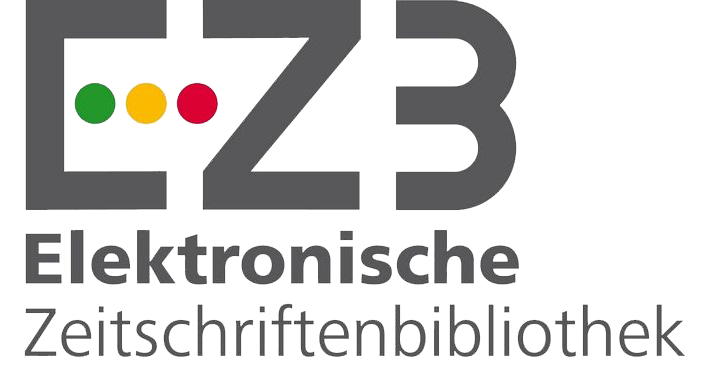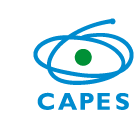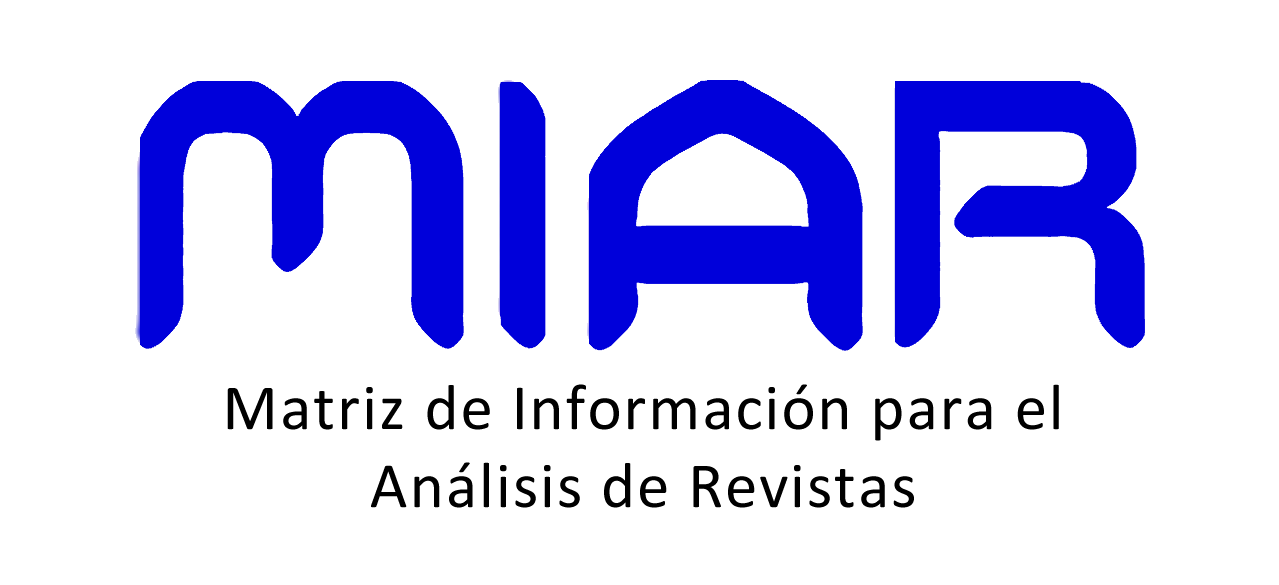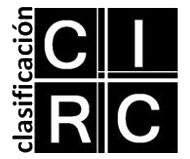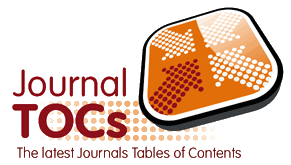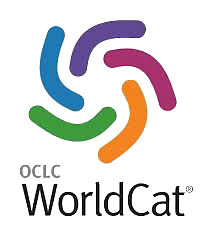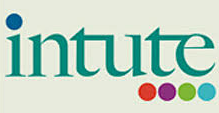Conectando a los periodistas del futuro
Sinergias entre sociedad, tecnología, comunicación y educación en la formación universitaria.
DOI:
https://doi.org/10.24215/16696581e826Palavras-chave:
Educación universitaria, periodismo, sociedad contemporánea, desafíos contemporáneos, tecnologíaResumo
En el contexto de una sociedad contemporánea moldeada por avances tecnológicos, la formación universitaria en periodismo enfrenta el desafío de preparar a los estudiantes para un futuro caracterizado por conectividad, conocimiento, dinamismo y complejidad. La hiperconectividad y la ampliación del entorno sensorial han permitido una mayor interacción con la realidad física mediante tecnologías como la realidad aumentada y virtual; sin embargo, se observa un creciente individualismo que plantea dilemas éticos y desafía la cohesión social. Ante estos cambios acelerados, en este trabajo presentamos una propuesta formativa denominada STEPS (“Sociedad, Tecnología, Educación, Periodismo, Sinergia”), la cual emerge como una solución holística para la formación en periodismo, preparando a los estudiantes con competencias digitales, habilidades de adaptabilidad, pensamiento crítico y una sólida base ética. Además, describimos el desarrollo de un proyecto piloto titulado "Detrás de la Canción" que ejemplifica cómo la interacción social y el uso de tecnología enriquecen la formación de los futuros periodistas, contribuyendo a construir un futuro informado y sostenible en una sociedad cada vez más compleja y dinámica.
Downloads
Referências
Baro, M. (2013). Swarming: La Comunicación En Múltiples Direcciones Y Múltiples Etapas | Swarming: Communication in multiple directions and Multistage. Razón y palabra. Primera Revista Electrónica en Iberoamérica Especializada en Comunicación. Centro Avanzado de Comunicacion-25 Aniversario Eulalio Ferrer, 17(2_83), 209-222. http://www.revistarazonypalabra.org/index.php/ryp/article/view/525
Bauer, W., Hämmerle, M., Schlund, S., & Vocke, C. (2015). Transforming to a Hyper-connected Society and Economy – Towards an “Industry 4.0”. Procedia Manufacturing, 3, 417-424. https://doi.org/https://doi.org/10.1016/j.promfg.2015.07.200
Bauman, Z. (2013). Liquid modernity. John Wiley & Sons.
Biggs, P., & Johnson, T. (2012). Emerging Issues for our Hyperconnected World. The Global Information Technology Report 2012, 47-56.
Bongiorno, G., Rizzo, D., & Vaia, G. (2018). CIOs and the digital transformation: a new leadership role. En CIOs and the digital transformation (pp. 1-9). Springer.
Bradshaw, S., & Howard, P. N. (2019). The Global Disinformation Order 2019 Global Inventory of Organised Social Media Manipulation. https://demtech.oii.ox.ac.uk/wp-content/uploads/sites/12/2019/09/CyberTroop-Report19.pdf
Brown, J., Gosling, T., Sethi, B., Sheppard, B., Stubbings, C., Sviokla, J., & Zarubina, D. (2017). Workforce of the future: The competing forces shaping 2030. London: PWC.
Burrell, J., & Fourcade, M. (2021). The Society of Algorithms. https://doi.org/10.1146/annurev-soc-090820
Castells, M. (2006). La Sociedad Red: Una Visión Global. Alianza Editorial.
Castells, M. (2009). Comunicación y Poder. En Saudi Med J (Vol. 33). https://doi.org/10.1073/pnas.0703993104
Castells, M. (2011). La sociedad red, una visión global. En Alianza ensayo.: Vol. 2a reimpr.
Castells, M. (2013). Comunicación y poder. Siglo XXI Editores México.
Castells, M. (2019). Globalización, tecnología, trabajo, empleo y empresa.
Cevallos-Ludeña, C. M., Doval-Avendaño, M. M., Román-Portas, M., Bravo-Torres, J. F., Piña-Morocho, C. E., & Vintimilla-Tapia, P. E. (2017). Multi-Directional and multi-stage dissemination of ecuadorian media’s news through twitter during the 30-S. Proceedings of the 2017 IEEE 24th International Congress on Electronics, Electrical Engineering and Computing, INTERCON 2017. https://doi.org/10.1109/INTERCON.2017.8079681
Danaher, J. (2022). Technological Change and Human Obsolescence: An Axiological Analysis. Techné: Research in Philosophy and Technology, 26(1), 31-56.
Farkas, J., & Schou, J. (2018). Fake News as a Floating Signifier: Hegemony, Antagonism and the Politics of Falsehood.
Javnost - The Public, 25(3), 298-314. https://doi.org/10.1080/13183222.2018.1463047
Flaherty, E. (2019). Complexity Theory: Societies as Complex Systems. En E. Flaherty (Ed.), Complexity and Resilience in the Social and Ecological Sciences (pp. 29-76). Palgrave Macmillan UK. https://doi.org/10.1057/978-1-137-54978-5_2
Guille, A., Hacid, H., Favre, C., & Zighed, D. A. (2013). Information diffusion in online social networks: A survey. ACM SIGMOD Record, 42(2), 17-28.
Hermans, L., & Drok, N. (2018). Placing Constructive Journalism in Context. Journalism Practice, 12(6), 679-694. https://doi.org/10.1080/17512786.2018.1470900
Howard, A. B. (2014). The art and science of data-driven journalism. https://doi.org/https://doi.org/10.7916/D8Q531V1
Jenkins, H. F. (2013). Cultura transmedia: la creación de contenido y valor en una cultura en red. EDITORIAL GEDISA.
Kenney, M., & Zysman, J. (2016). The rise of the platform economy. Issues in science and technology, 32(3), 61.
Kothari, A., & Hickerson, A. (2020). Challenges for journalism education in the era of automation. Media Practice and Education, 21(3), 212-228. https://doi.org/10.1080/25741136.2020.1787724
Laws, A. L. S., & Utne, T. (2019). Ethics guidelines for immersive journalism. Frontiers Robotics AI, 6(APR), 420240. https://doi.org/10.3389/FROBT.2019.00028/BIBTEX
Lévy, P. (2007). Cibercultura, la cultura de la sociedad digital. En Ciencia, tecnología y sociedad. https://doi.org/10.1007/s00203-008-0420-4
Maillard, D. (2021). The Obsolescence of Man in The Digital Society. International Journal for Applied Information
Management, 1(3), 99-124. https://doi.org/10.47738/ijaim.v1i3.13
Mcadams, M. (2013). Journalism in a Network Society. Conference: World Journalism Education Congress (WJEC3).
Michailidou, A., & Trenz, H.-J. (2021). Rethinking journalism standards in the era of post-truth politics: from truth keepers to truth mediators. Media, Culture & Society, 43(7), 1340-1349. https://doi.org/10.1177/01634437211040669
Moore, P. V, Upchurch, M., & Whittaker, X. (2018). Humans and Machines at Work: Monitoring, Surveillance and Automation in Contemporary Capitalism. En P. V Moore, M. Upchurch, & X. Whittaker (Eds.), Humans and Machines at Work: Monitoring, Surveillance and Automation in Contemporary Capitalism (pp. 1-16). Springer International Publishing. https://doi.org/10.1007/978-3-319-58232-0_1
Morín, E. (2014). Complex thinking for a complex world--about reductionism, disjunction and systemism. Systema, 2(1), 14-22.
Nikitenko, V. (2019). The impact of digitalization on value orientations changes in the modern digital society. Humanities Studies, 2, 80-94.
North, K., Maier, R., & Haas, O. (2018). Value Creation in the Digitally Enabled Knowledge Economy. En Knowledge Management in Digital Change (pp. 1-29). Springer.
Ognyanova, K. (2017). Multistep Flow of Communication: Network Effects. En The International Encyclopedia of Media Effects. John Wiley & Sons, Inc. https://doi.org/10.1002/9781118783764.wbieme0056
Ognyanova, K. (2020). 21Rebooting Mass Communication: Using Computational and Network Tools to Rebuild Media Theory. En The Oxford Handbook of Networked Communication. Oxford University Press. https://doi.org/10.1093/oxfordhb/9780190460518.013.5
Ognyanova, K., & Monge, P. (2013). A Multitheoretical, Multilevel, Multidimensional Network Model of the Media System: Production, Content, and Audiences. Annals of the International Communication Association, 37(1), 67-93. https://doi.org/10.1080/23808985.2013.11679146
Oliva, A., & Teng, S. (2016). Cognitive Society. En W. Bainbridge & M. Roco (Eds.), Handbook of Science and Technology Convergence (pp. 743-754). Springer.
Oschatz, C., Stier, S., & Maier, J. (2022). Twitter in the news: An analysis of embedded tweets in political news coverage. Digital Journalism, 10(9), 1526-1545.
Pavlik, J. V. (2014). Transformation: Examining the Implications of Emerging Technology for Journalism, Media and Society. Athens Journal of Mass Media and Communications, 1, 1-9. https://doi.org/10.30958/ajmmc.1-1-1
Perevozchikova, L., Avdeenko, E., Radugin, A., & Ershov, B. (2020). Lifestyle in a Networked Society. En D. B. Solovev, V. V Savaley, A. T. Bekker, & V. I. Petukhov (Eds.), Proceeding of the International Science and Technology Conference «FarEastСon 2019» (pp. 999-1005). Springer Singapore.
Rebolledo-Bustamante, N. (2016). Hyperconnected cities: brief notes for an innovation agenda.
Reimeris, R. (2016). Theoretical features of the creative society. Creativity Studies, 9(1), 15-24. https://doi.org/10.3846/23450479.2015.1088902
Romero-Rodríguez, L. M., Tejedor, S., & Castillo-Abdul, B. (2022). From the Immediacy of the Cybermedia to the Need for Slow Journalism: Experiences from Ibero-America. Journalism Practice, 16(8), 1578-1596. https://doi.org/10.1080/17512786.2020.1870530
Salaverría, R. (2019). Digital journalism: 25 years of research. Review article. El profesional de la información, 28(1), 1699-2407. https://doi.org/10.3145/epi.2019.ene.01
Schneider, M., & Somers, M. (2006). Organizations as complex adaptive systems: Implications of complexity theory for leadership research. The Leadership Quarterly, 17(4), 351-365.
Schuilenburg, M., & Peeters, R. (2021). The algorithmic society: technology, power, and knowledge. https://www.routledge.com/The-Algorithmic-Society-Technology-Power-and-Knowledge/Schuilenburg-Peeters/p/book/9780367682651
Schultze, U., & Brooks, J. A. M. (2019). An interactional view of social presence: Making the virtual other “real”. Information Systems Journal, 29(3), 707-737. https://doi.org/https://doi.org/10.1111/isj.12230
Snellman, C. L. (2015). University in Knowledge Society: Role and Challenges. Journal of System and Management Sciences, 5(4), 84-113.
Stroud, S. R. (2019). Pragmatist Media Ethics and the Challenges of Fake News. Journal of Media Ethics, 34(4), 178-192. https://doi.org/10.1080/23736992.2019.1672554
Van Dijk, J. (2020). The network society. En torrossa.com (Second). SAGE Publications.
Vermesan, O., Friess, P., Guillemin, P., Giaffreda, R., Grindvoll, H., Eisenhauer, M., Serrano, M., Moessner, K., Spirito,
M., Blystad, L.-C., & Tragos, E. Z. (2014). Internet of Things beyond the Hype: Research, Innovation and Deployment 3.1 Internet of Things Vision. En O. Vermesan & P. Friess (Eds.), 215. River Publishers.
Webster, F. (2014). Theories of the information society. Routledge.
Wu, S., Tandoc, E. C., & Salmon, C. T. (2019). When Journalism and Automation Intersect: Assessing the Influence of the Technological Field on Contemporary Newsrooms. Journalism Practice, 13(10), 1238-1254. https://doi.org/10.1080/17512786.2019.1585198
Zhang, S. (2019). Mediatization of conflict in the social media era: A case study of Sino-Indian border crisis in 2017. Journalism, 22, 2618-2636. https://doi.org/10.1177/1464884919870329
Downloads
Publicado
Como Citar
Edição
Seção
Licença
La aceptación de un original por parte de la revista implica la cesión no exclusiva de los derechos patrimoniales de los/as autores/as en favor del editor, quien permite la reutilización, luego de su edición (postprint), bajo una Licencia Creative Commons Atribución-NoComercial-CompartirIgual 4.0 Internacional (CC BY-NC-SA 4.0)
Acorde a estos términos, el material se puede compartir (copiar y redistribuir en cualquier medio o formato) y adaptar (remezclar, transformar y crear a partir del material otra obra), siempre que a) se cite la autoría y la fuente original de su publicación (revista y URL de la obra), b) no se use para fines comerciales y c) se mantengan los mismos términos de la licencia.
La cesión de derechos no exclusivos implica que luego de su edición (postprint) en Question las/os autoras/es pueden publicar su trabajo en cualquier idioma, medio y formato; en tales casos, se solicita que se consigne que el material fue publicado originalmente en esta revista.
Tal cesión supone, también, la autorización de los/as autores/as para que el trabajo sea cosechado por SEDICI, el repositorio institucional de la Universidad Nacional de La Plata, y sea difundido en las bases de datos que el equipo editorial considere adecuadas para incrementar la visibilidad de la publicación y de sus autores/as.
Asimismo, la revista incentiva a las/os autoras/es para que luego de su publicación en Question depositen sus producciones en otros repositorios institucionales y temáticos, bajo el principio de que ofrecer a la sociedad la producción científica y académica sin restricciones contribuye a un mayor intercambio del conocimiento global.






